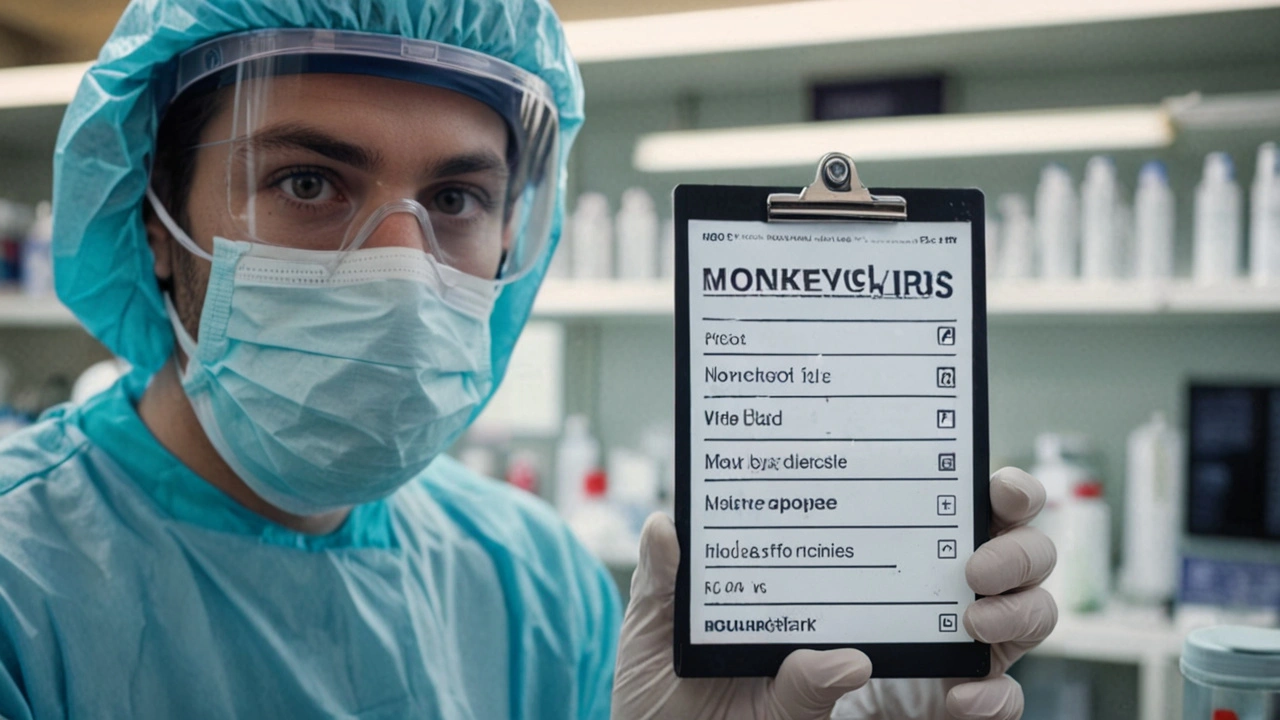Monkeypox: What You Should Know Right Now
Monkeypox is a viral disease that’s been making headlines recently. It’s caused by the monkeypox virus, which is related to smallpox but usually less severe. Unlike common colds or the flu, monkeypox spreads mainly through close contact with an infected person or animal, including bites, scratches, or touching body fluids. That’s why understanding how it spreads is key to protecting yourself.
Usually, monkeypox starts with flu-like symptoms such as fever, headache, and fatigue. Shortly after, a rash develops, often starting on the face and then spreading to other parts of the body. These sores can look like pimples or blisters and can be painful or itchy. If you spot these symptoms after visiting an area where monkeypox is reported, it’s smart to see a healthcare provider right away.
How Does Monkeypox Spread?
Transmission happens mostly through close skin-to-skin contact—think touching the rash or scabs of someone who's infected. It can also spread through respiratory droplets during prolonged face-to-face contact. Sharing bedding, towels, or clothes with an infected person carries risks, too. Animals such as rodents or primates can be carriers, especially in certain regions, so handling wild animals or their meat without protection can be dangerous.
Simple Ways to Protect Yourself
Good hygiene is your best friend here. Wash your hands regularly with soap and water, especially after touching animals or caring for someone who is sick. Avoid close contact with people showing symptoms, and don’t share personal items like clothes or bedding. If you are in an area with monkeypox cases, try to stay informed about outbreaks and follow local health guidance. Vaccines can also offer protection in some situations, but they’re usually reserved for high-risk groups.
Monkeypox might sound scary, but with the right knowledge and precautions, you can stay safe. Pay attention to your health, don’t ignore unusual rashes or fevers, and get checked if you think you might be exposed. Staying calm and informed is the best way to navigate this health issue without panic.

